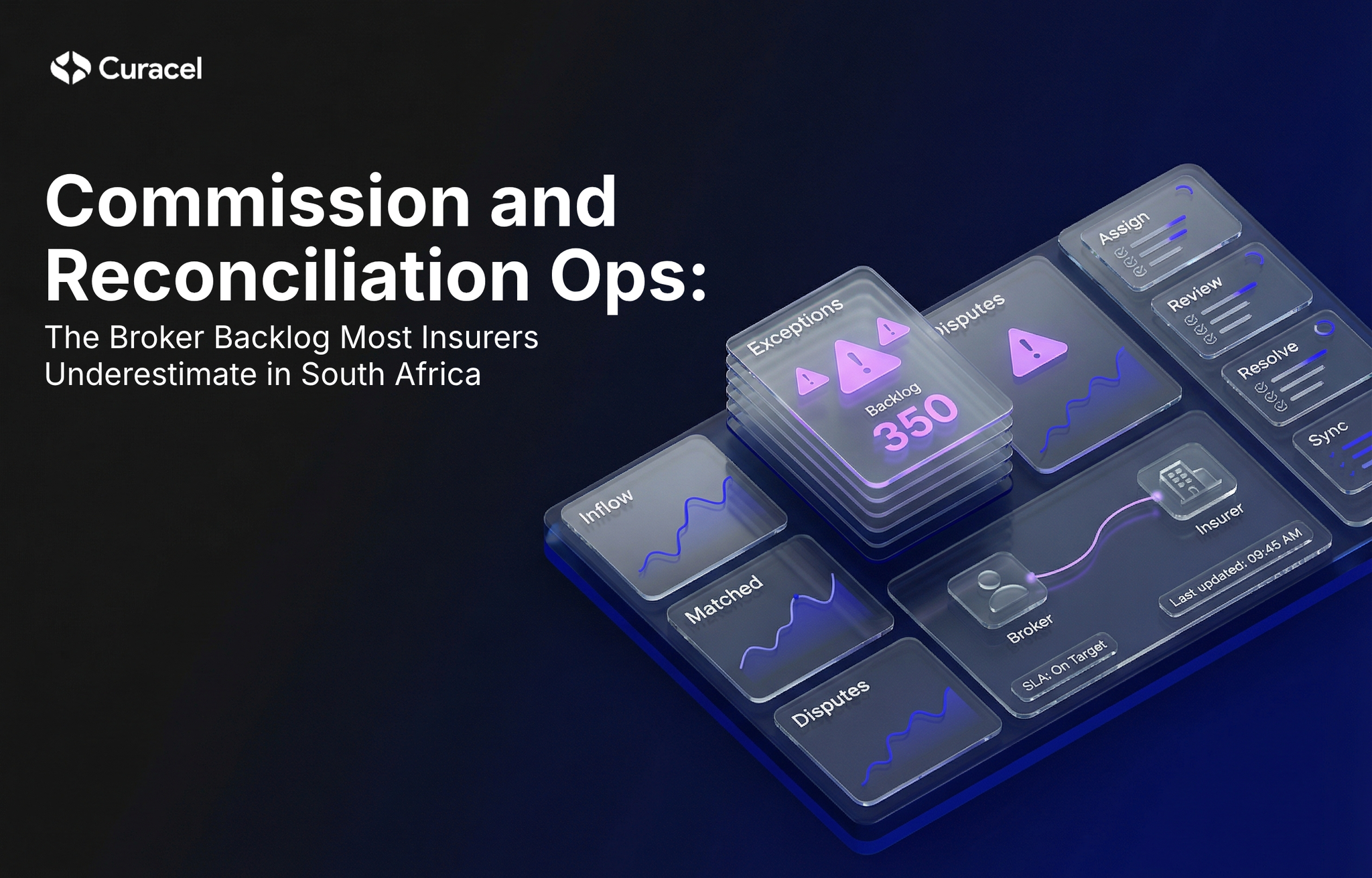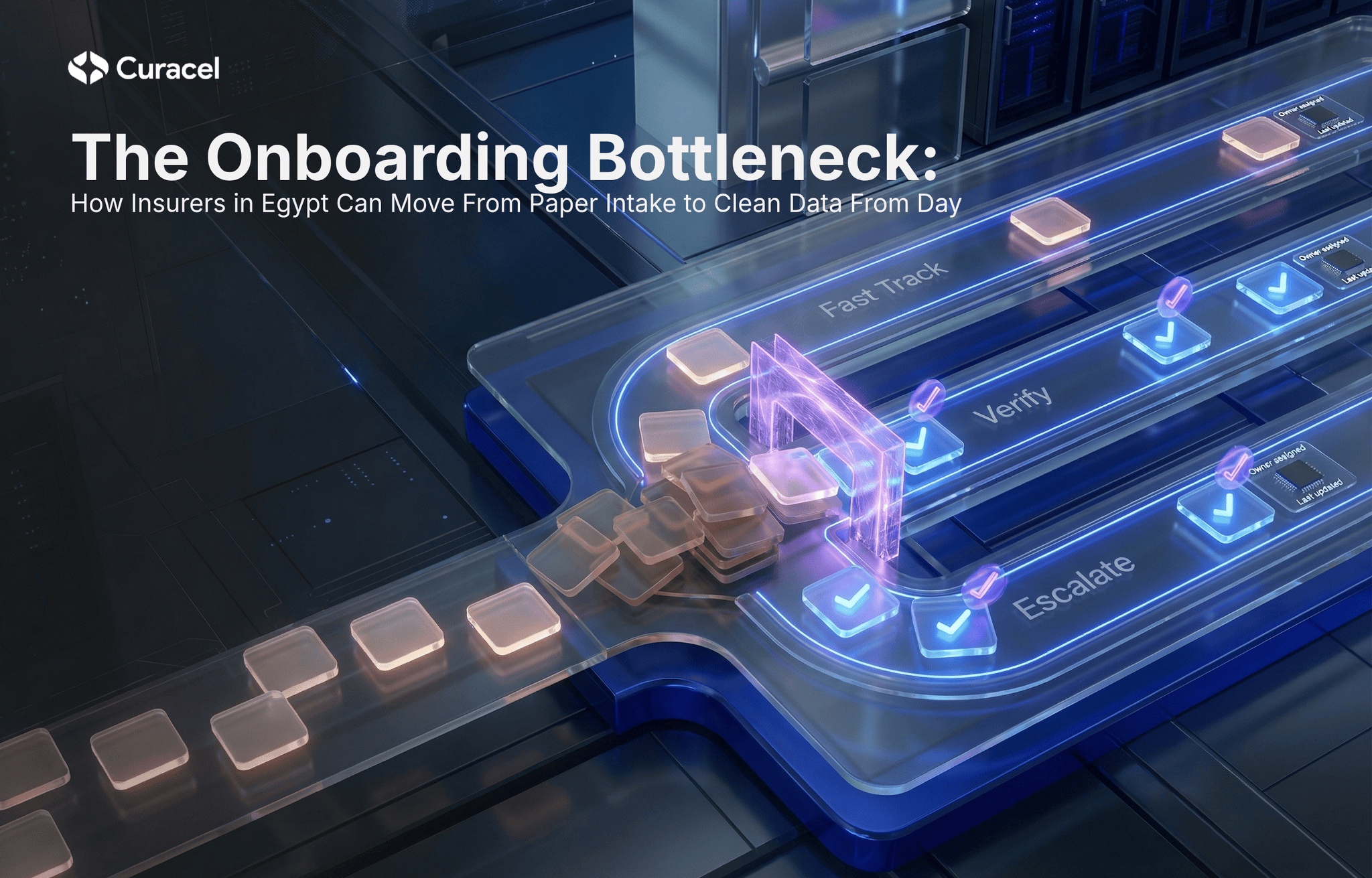AI Revolution in Marine Insurance in Nigeria: Paving the Path Forward
Marine insurance in Nigeria, a critical component of the nation’s economy, has undergone significant transformations from its origins to its current state. With the rise of global trade and Nigeria's prominent position within the maritime industry, effective marine insurance has never been more vital. Yet, despite its importance, marine insurance in Nigeria faces substantial challenges, from operational inefficiencies to fraudulent claims. Today, technology, specifically artificial intelligence (AI), presents a promising solution to overcome traditional hurdles.
Historical Context of Marine Insurance in Nigeria
The roots of marine insurance in Nigeria date back to pre-independence, closely tied to British colonial commerce. Originally dominated by foreign insurers, the sector gradually developed as Nigeria’s economy diversified and local insurers emerged. Over time, indigenous companies grew, benefiting from regulatory reforms such as the Insurance Act of 2003 and later amendments aimed at boosting local content and industry stability.
However, despite regulatory advancements, the marine insurance sector has often lagged behind global standards in efficiency and transparency. The reliance on manual processes, paper-based documentation, and inadequate risk assessment methodologies have persistently hindered growth and innovation.
Challenges Facing Marine Insurance in Nigeria
Marine insurance in Nigeria faces several prominent challenges that significantly impact its effectiveness and profitability:
- Fraudulent Claims: Fraud remains a major issue, with insurers regularly grappling with falsified or exaggerated claims, leading to substantial financial losses.
- Operational Inefficiencies: Many insurers continue to rely on outdated, manual processes for claim handling, underwriting, and documentation, resulting in delays, errors, and increased operational costs.
- Limited Data Utilization: Traditional insurers have yet to fully embrace data analytics, missing opportunities to enhance risk assessments, pricing accuracy, and fraud detection.
- Regulatory Compliance: Navigating complex regulatory environments often creates additional administrative burdens, especially for smaller insurers without robust compliance frameworks.

The Way Forward: Embracing AI and Technology
In addressing these challenges, technology, especially AI, presents transformative potential. AI-driven solutions can significantly streamline marine insurance operations by automating underwriting processes, enhancing risk management capabilities, and bolstering fraud detection through advanced data analytics and machine learning algorithms.
AI can identify fraudulent claims in real-time by analyzing historical data and patterns, substantially reducing financial losses for insurers. Moreover, automated underwriting systems enhance precision and speed, drastically reducing paperwork and errors. Predictive analytics, powered by AI, can forecast risks more accurately, enabling insurers to price products competitively and sustainably.
How AI Solutions are Transforming Marine Insurance
AI-enabled systems use advanced machine learning models to identify suspicious patterns rapidly, flagging fraudulent claims swiftly and accurately. By leveraging comprehensive data analytics, insurers can proactively manage fraud risks, ensuring claims are genuine and losses are minimized.
Automated claims processing solutions significantly reduce manual tasks, leading to faster claim settlements and improved customer satisfaction. Automation ensures greater accuracy, quicker responses, and lower operational costs, enabling insurers to focus more strategically on growth and customer engagement.
Sophisticated risk assessment tools powered by predictive analytics allow marine insurers to accurately assess potential risks. This granular approach to risk management enables insurers to make data-driven decisions, optimize their policy pricing, and enhance profitability.
Platforms integrated seamlessly with compliance standards make regulatory adherence simpler and more efficient. Automated systems generate necessary documentation and audit trails, ensuring transparency and regulatory compliance without heavy administrative workloads.
Conclusion: A Future-Ready Marine Insurance Industry
Marine insurance in Nigeria is at a pivotal juncture. The integration of AI technologies promises to address existing challenges comprehensively. Embracing digital transformation is no longer optional but essential for insurers aiming to remain competitive and resilient.
Companies like Curacel are at the forefront, providing Nigerian marine insurers with powerful AI-driven solutions that enhance efficiency, accuracy, and profitability, ultimately contributing to a robust, future-ready marine insurance industry. As Nigeria continues to assert its presence in global maritime commerce, leveraging technology and innovation will be critical to sustaining growth and ensuring the industry's long-term success.
Abonnez-vous à notre newsletter pour recevoir du contenu hebdomadaire


























.svg)







